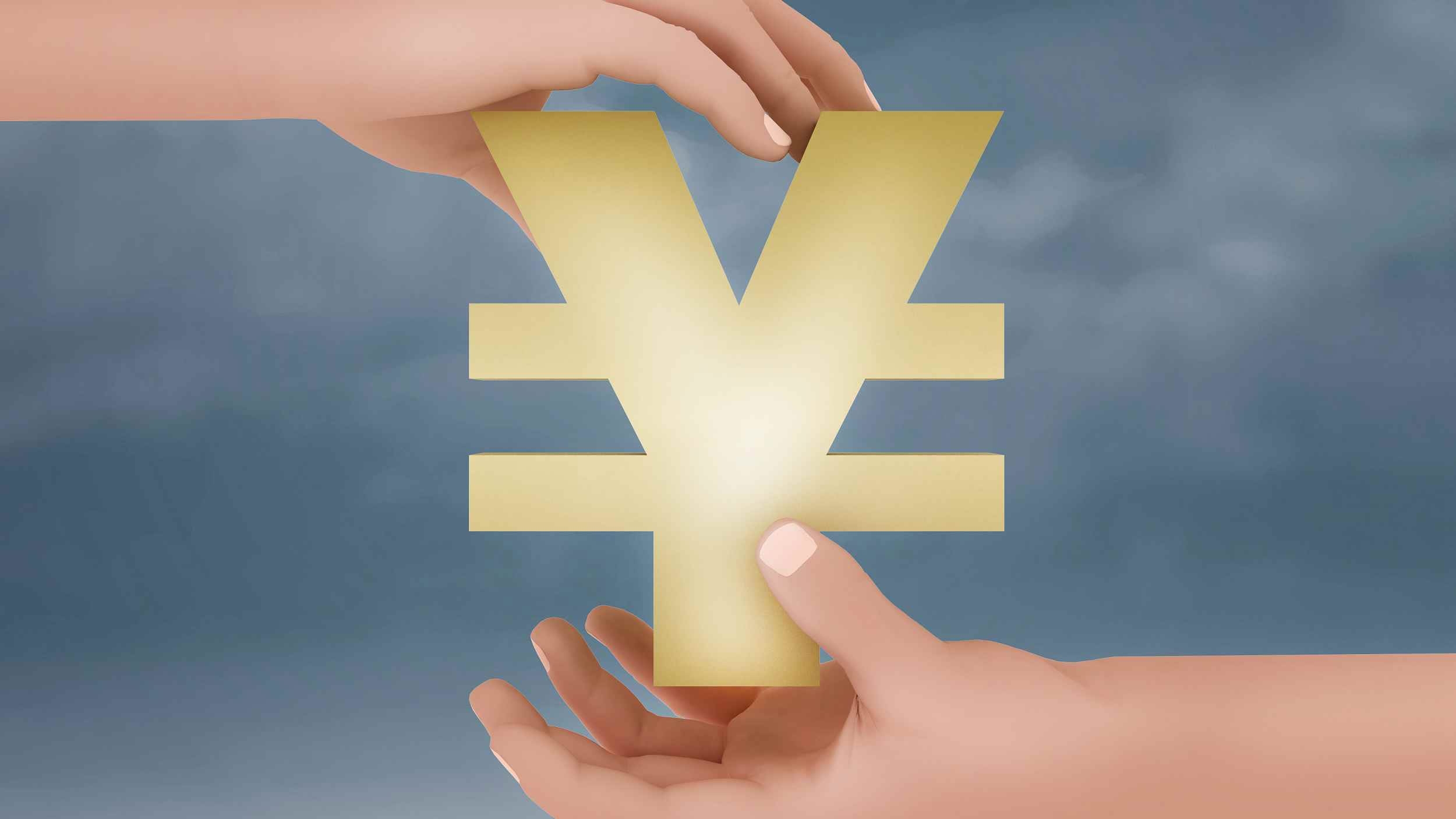
Business
14:38, 16-Jan-2018
Germany to add China's yuan to currency reserves
CGTN

Germany's central bank has said it will include China's yuan in its reserves, giving another boost to Beijing's drive to internationalize the currency and helping send the unit to two year highs.
“I can today say that also the German central bank, the Bundesbank, has decided to include renminbi in our currency reserves,” Bundesbank board member Andreas Dombret told a finance forum in Hong Kong on Monday.
The Bundesbank said its board had decided in July to invest in the renminbi, as it is also known, to take account of its growing importance globally, though it did not say when it would begin to include it or how much it would purchase.
"The decision to accept the renminbi is part of a long-term diversification strategy and reflects the growing role of the Chinese currency in the world financial system," Bundesbank board member Joachim Wuermeling said on Monday.
The German central bank regularly reviews the composition of its currency reserves "by weighing risks and benefits", Wuermeling said.
"In addition to dollars and yen, (the bank) has invested in Australian dollars since 2013 and seeks to invest in other currencies."
The move comes after the European Central Bank in June converted 500 million euros' worth of its dollar reserves into yuan.
China was Germany's top trade partner in 2016, ranking first in the European country's imports and fourth as an export destination.
The Bundesbank's currency reserves totaled some 170 billion euros (210 billion US dollars) in November.
The yuan has gained increasing global clout in recent years and in September 2016 it joined the dollar, pound, yen and euro in the IMF's elite "special drawing rights" reserve currency basket.
Source(s): AFP
,Reuters

SITEMAP
Copyright © 2018 CGTN. Beijing ICP prepared NO.16065310-3
Copyright © 2018 CGTN. Beijing ICP prepared NO.16065310-3